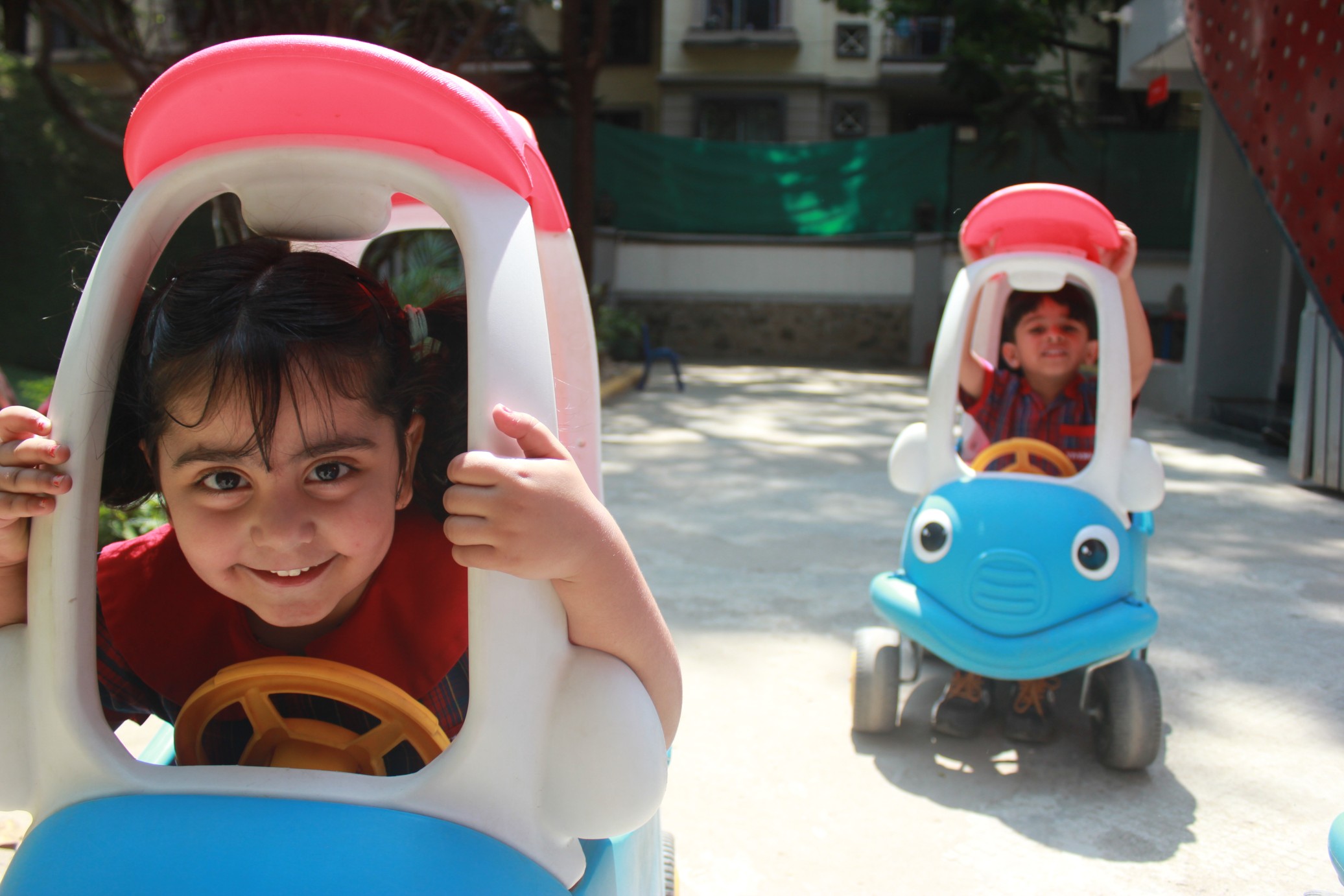- Call/Whatsapp: +91-9372801276
- Mail us: info@viverointernational.com
The first few weeks of a child settling into a preschool setting is a time of crucial importance to their later happiness in the setting. All children are individuals and while some children will adjust fairly easily to the new environment and new routines, others will take longer to feel comfortable and secure.
Sometimes we can overestimate a young child’s ability to cope with transitions and settle in and happily substitute a group of unfamiliar adults and children for their parents or main care giver. The experience can be overwhelming for some young children especially if they have not had experience of another form of care outside of family. As parents and as early years’ practitioners, we can take steps to ensure that the transition into the early years setting goes as smoothly as possible. Research shows that when the settling in period is positive for the child, it can not only impact on their happiness throughout their time at the early years setting but also on how the child views further transitions.
Children who have a positive start to their new environment are more likely to feel comfortable, relaxed and valued, feel good about themselves as learners and have a sense of belonging to the pre-school community. Most children settle in without too many concerns but there are some children who need more time to develop trust.

Please see the following guidelines to support parents as they prepare their child for the transition into a new pre-school setting.
Routines can be good for children for several reasons.
• Awareness and good preparation
Separation anxiety is a healthy and protective emotion. It is the child’s way of saying, “You are my safe base and I need to develop trust and confidence in alternate caregivers.” Recognizing that separation anxiety can sometimes be the cause of concern is a good starting point. It means you can prepare for the event and turn it into an adventure, allowing both you and your child to feel stronger and empowered.
• Become familiar with the pre-school’s ‘Settling in Period’
The school settings has a settling in period which will set out the settings procedures for supporting children through the settling in stage. This is a period focused around the child’s emotional well-being at the centre. It is important that you familiarize yourself with it, as it will help you prepare for your child’s transition into the pre-school setting and make any necessary arrangements.
• Know the routines and activities
It is good to familiarize yourself with this also as you can talk to your child positively about the sorts of activities they will be engaging in during their time at the setting. Like adults, children need reassurance and it is good to talk through the daily routines and let them know when you will pick them up, for example, after story time.
• Read stories to your child about starting pre-school
This again can help familiarize your child with what will happen at the early years setting before and as they start preschool.
• Staying confident, cheery and positive
Although you may be feeling as anxious and emotional as your child, try to stay cheery and confident as children will pick up on your feelings of apprehension.
• Don’t be tempted to slip away
It is important when your child starts the pre-school to let them know when you are leaving. Although tempting for you, slipping away when your child is distracted can lead to the child becoming very anxious and not letting you out of their sight on the next visit.
• Parents and educators' partnership
Open communication between parents and the teachers is crucial. It is important to share information. Parents can give the staff information about the child and in turn the staff can talk to the parents about the child’s experiences in the setting. Teachers have a vast amount of experience in helping children settle into the pre-school setting and are aware of the difficulties that can emerge during this transition period. If your child is taking longer to settle in than you had expected, you and the teacher together can agree on and put into place strategies to support your child during this time.
• Helping your child to grow in confidence and independence
You are the safe base from which your child can branch out and explore the world, grow and learn and become socially and emotionally confident. Getting off to a good start will help you support your child through this very important period in their lives.
